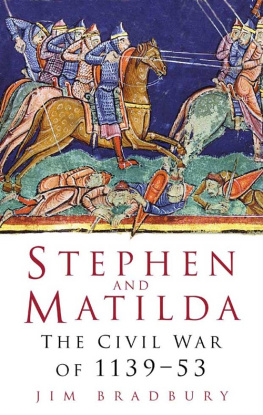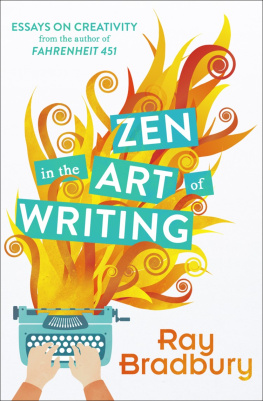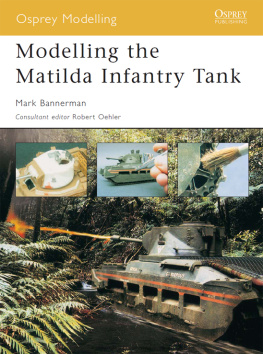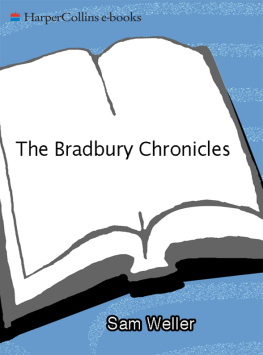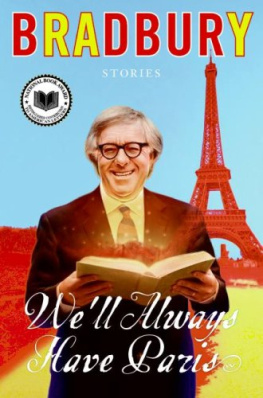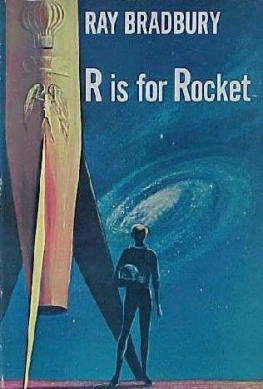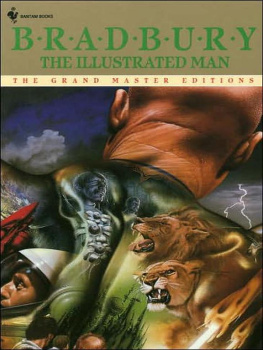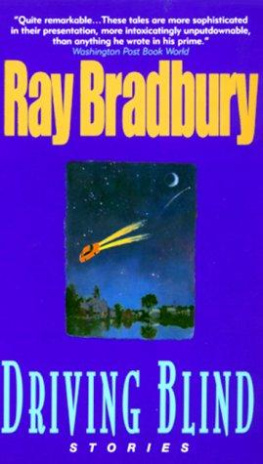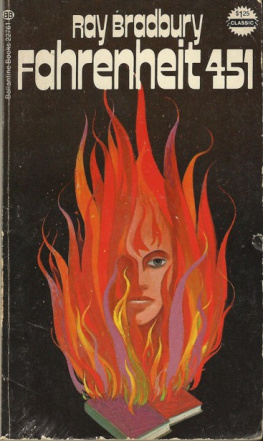Jim Bradbury - Stephen and Matilda
Here you can read online Jim Bradbury - Stephen and Matilda full text of the book (entire story) in english for free. Download pdf and epub, get meaning, cover and reviews about this ebook. year: 2011, publisher: The History Press, genre: History. Description of the work, (preface) as well as reviews are available. Best literature library LitArk.com created for fans of good reading and offers a wide selection of genres:
Romance novel
Science fiction
Adventure
Detective
Science
History
Home and family
Prose
Art
Politics
Computer
Non-fiction
Religion
Business
Children
Humor
Choose a favorite category and find really read worthwhile books. Enjoy immersion in the world of imagination, feel the emotions of the characters or learn something new for yourself, make an fascinating discovery.
- Book:Stephen and Matilda
- Author:
- Publisher:The History Press
- Genre:
- Year:2011
- Rating:5 / 5
- Favourites:Add to favourites
- Your mark:
- 100
- 1
- 2
- 3
- 4
- 5
Stephen and Matilda: summary, description and annotation
We offer to read an annotation, description, summary or preface (depends on what the author of the book "Stephen and Matilda" wrote himself). If you haven't found the necessary information about the book — write in the comments, we will try to find it.
Stephen and Matilda — read online for free the complete book (whole text) full work
Below is the text of the book, divided by pages. System saving the place of the last page read, allows you to conveniently read the book "Stephen and Matilda" online for free, without having to search again every time where you left off. Put a bookmark, and you can go to the page where you finished reading at any time.
Font size:
Interval:
Bookmark:

To Stephen, Sue and Matthew
T he beginnings of the idea of this book go back a long way. The reign of Stephen has appealed to me as a topic since at least 1976. In that year I studied for an MA at the University of London, and recall sitting with a group of like-minded, if mostly younger, students at the feet of Christopher Holdsworth and Allen Brown. In the case of Christopher it certainly felt like being at the feet of, as he loomed over us in his tower-like room at UC. It was in that room that I made up my mind to do some work on Stephens reign, which became the topic for my MA thesis. Allen Browns influence was soon brought to bear, and an interest in castles developed fast. I started on an M.Phil. thesis under his guidance, which developed into a Ph.D. thesis, before fading away after eight years of part-time work on it. It faded away because I had to make a choice between completing it or writing a book on the medieval archer, and I chose the latter. But the beginnings of the present book are in those fumbling efforts of the 1970s.
Many other things have diverted me in the meantime, but an interest in the reign never vanished. In the reorganized degree course at West London Institute of Higher Education, where I taught for over twenty years, with a larger medieval input to the syllabus than previously, I was able to introduce a third year special course on the reign. This meant that even when under the most severe pressure of marking and meetings, I was still able to keep up with new material and ideas.
The historians who inspired this interest by their writings are many. The first was undoubtedly John Horace Round, surely one of the oddest people ever to have lived, but also one of the most brilliant historians. I belong to a generation before Ralph Davis King Stephen became the bible for the reign, and still find H.A. Cronnes book of great use. But there is no doubt that Davis gave the rather neglected reign a new lease of life, and has inspired many historians and students to look again at the period. A new dimension on the period was also opened by the work of Marjorie Chibnall on Matilda.
In recent times I have benefited from reading the works of, and listening to papers by, a new younger generation of historians, from David Crouch to Paul Dalton and Matthew Strickland, from Ed King (who I hope does not mind being classed as younger) to Richard Eales and Graeme White, to name only those who spring immediately to mind. Stephen and The Anarchy has become a growth industry. But on the whole, the actual warfare of the reign has not received the attention given to magnate agreements or the state of the administration though the efforts of Richard Eales, Charles Coulson and Matthew Strickland are exceptions to this generalization in their respective areas.
I am very grateful to Sutton Publishing for giving me the opportunity to write this book, which I have enjoyed doing immensely. It has been finished more quickly than any of my previous books, indeed I have rather surprised myself by getting it finished so soon, even though it was still after the original deadline. But then I have never yet finished a book by the date originally agreed, so I hope Alan Sutton are duly impressed. I am particularly grateful to Roger Thorp and Jane Singleton who have been responsible for encouraging me to finish, and to Clare Bishop as editor. It is only fair to myself to explain that my previous book, on Philip Augustus, was interrupted by a heart attack in 1993, and the delay in finishing that book had a shuttle effect on the work on Stephen. The great advantage of all this was that I stopped working at West London and was able to concentrate on writing.
One of the reasons for being able to work quickly is that so many of the vital sources are available in print and can be worked on at home. There are also translations available of almost all the main chronicles, which certainly assists in speed, and should encourage undergraduates or others with an interest in getting into the reign to pursue their own studies. I have tried where possible to refer to translations as well as Latin versions in the footnotes.
When I worked at West London, I managed to obtain some assistance towards taking student groups on summer expeditions, generally staying in fairly modest accommodation such as the YMCA in York. Nowadays it is so much more difficult to arrange such trips; what a shame. Those who came with me were able to stay in Lincoln as well as York, and to tramp the battlefields of the Standard and of Lincoln, as well as visit a number of the castles involved in events of the reign. There have also been countless family trips to sites of interest in the reign, and my wife, Ann, has been particularly patient in trailing around muddy fields and mounds.
In order to collect some black and white photographs for use in this book, I have revisited many of the sites of importance in the reign, accompanied by my wife. I no longer have paid employment, but she keeps me in the style to which I am accustomed, and therefore these trips have been made during her rare and precious holiday periods. I hope she has enjoyed them as much as I have, staying in delightful guest houses and small hotels, such as Churchview Guest House in Winterbourne Abbas. We have also imposed upon various friends and relatives during these trips, such as Dr Hamish Little and his wife Franoise at Hazelbury Bryan in Dorset, or taking in Wallingford and Oxford en route to my nephew Simons wedding. There is nothing I love more than standing on a site whose history has been much in my thoughts. I think now I have been to most of the main sites of battles and castles from the reign in both England and Normandy. But of them all, the trip to the mound of Castle Cary in Somerset particularly comes to mind, in its present quiet rural setting, which Ann and I examined in the spring of 1995, a beautiful day, with uninterrupted peace, and the enjoyment of finding a relatively unheralded site. In such places one has time to stand and muse over the past and its impact upon ourselves.
Some of the material in this book is based on work done for articles which have been published in various journals, and which demonstrate a continued interest in the reign over the years: on Greek fire in History Today in 1976, on Anglo-Norman battles at the Battle conference of 1983, on Geoffrey of Anjou at the Strawberry Hill conference in 1988, on the early reign and on the peace at Harlaxton in 1988 and 1995. All this material has been rewritten for the book, but obviously the opinions are often the same.
Jim Bradbury
Selsey, 1996
O n 25 November 1120 a group consisting mainly of young nobility set sail from Barfleur for England. These young people were leaving behind a Normandy newly safe in the hands of King Henry I, who the year before, at Brmule, had defeated in battle and humiliated King Louis VI of France. There was a mood of celebration in the air. The master of the White Ship, Thomas
The wind blew helpfully from the south; all seemed set fair for a good time. They brought on board with them a plentiful supply of wine. The leader of this group of some 300 passengers, which included heirs to many of the greatest estates in England and Normandy, was the kings only legitimate son,
The royal sons led the partying on board. It was clear to some of the more level-headed passengers that danger threatened, and two monks, as well as the kings nephew, Stephen of Blois, William de Roumare, Edward of Salisbury and a few others, decided to get off and travel on another ship. Orderic says that in Stephens case he was also ill and suffering from diarrhoea. Before long the crew-members of the
Next pageFont size:
Interval:
Bookmark:
Similar books «Stephen and Matilda»
Look at similar books to Stephen and Matilda. We have selected literature similar in name and meaning in the hope of providing readers with more options to find new, interesting, not yet read works.
Discussion, reviews of the book Stephen and Matilda and just readers' own opinions. Leave your comments, write what you think about the work, its meaning or the main characters. Specify what exactly you liked and what you didn't like, and why you think so.

